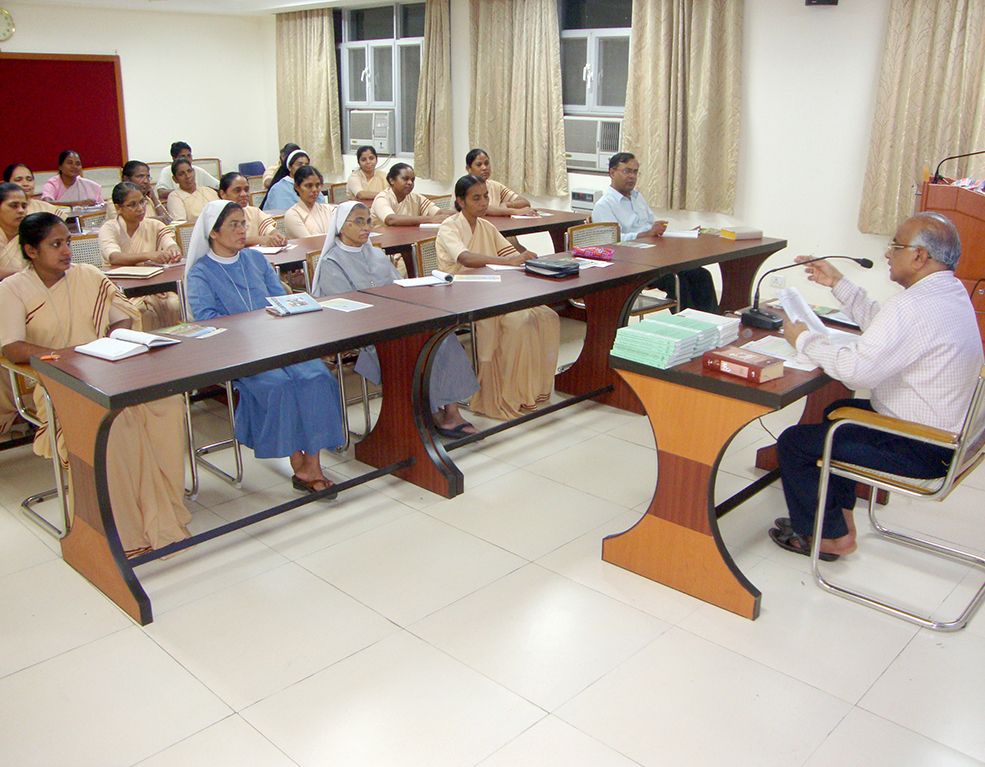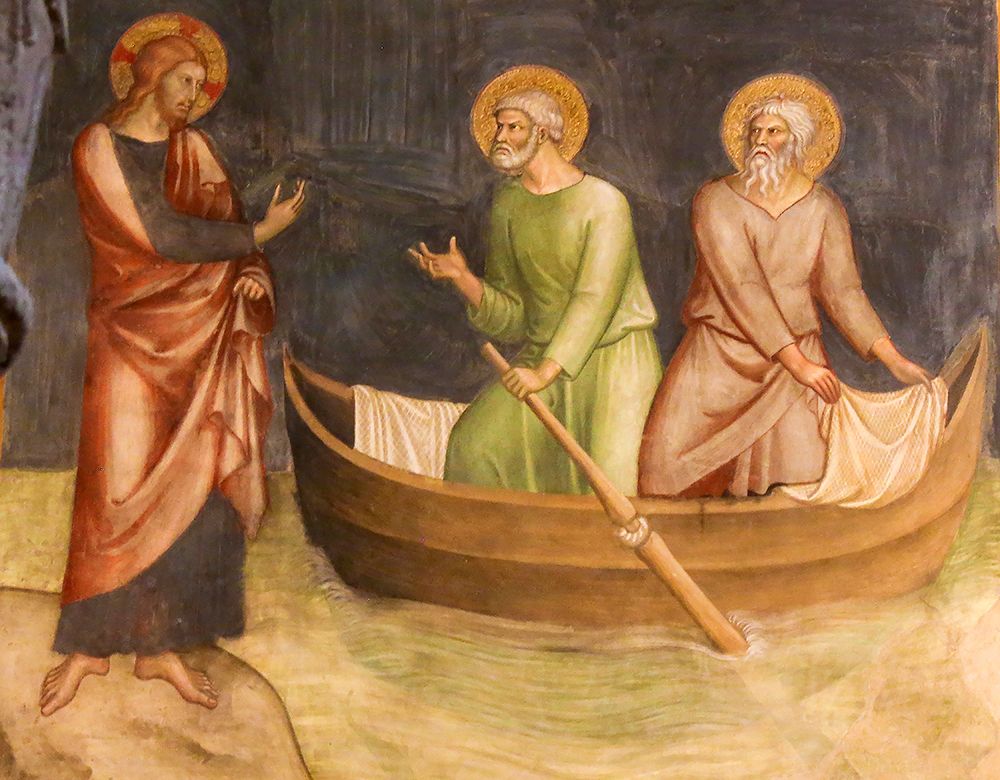Relying on the inspiration of the Holy Spirit in the journey of prayer doesn’t mean that Saint Ignatius is asking us to ignore the practical approach, the fruit of Ignatius’ very experience and sign of ingenuity and serious commitment. This is why in the text of the Spiritual Exercises we have “Annotations”: “to give some understanding of the Spiritual Exercises and enable the director and the retreatant to help themselves.” They deal mainly with the very Ignatian concepts of consolation and desolation.
There are twenty “Annotations” and each is the result of the experience of giving the exercises to people. The key rule is that “it is not knowing much, but realizing and relishing things interiorly that contents and satisfy the soul”.
The “Fundamental Option”
In Ignatius’ rules for the discernment of spirits, his first piece of advice is to ascertain the orientation of one’s life: Am I straying from the right path, or am I trying to live a decent Christian life? It is what is known as the “fundamental option”. To this concept, Saint Ignatius links the play of spiritual attitudes which he calls consolation and desolation.
What, exactly, is consolation? Consolation refers to any experience of desire for God, of distaste for one’s past sins, or of sympathy for Jesus or any other suffering person. In other words, it refers to “every increase in hope, faith, and charity, and every interior joy which calls and attracts one toward heavenly things and to the salvation of one’s soul, by bringing it tranquility and peace in its Creator and Lord” (The Spiritual Exercises, n. 316).
Paul’s letter to the Galatians lists the fruits of the Spirit as “love, joy, peace, patience, kindness, generosity, faithfulness, gentleness, and self-control” (5:22-23). When you experience one or more of these movements in your being, you can be relatively sure that God’s Spirit is moving you.
Consolation And Desolation
Ignatius believed that God wants us to be happy and fulfilled and that the way to be happy and fulfilled is to be in tune with God’s dream for the world and for us. The way to be happy and fulfilled is to accept God’s offer of friendship and to live in accordance with that friendship. If we are trying to do this, according to Ignatius, consolation is the order of the day. This does not mean that life will be without pain and suffering; it means that God wants to be a consoling presence to us even in the inevitable pains and sufferings of life.
Desolation is the opposite of consolation. Ignatius gives these examples: Obtuseness of soul, turmoil within it, an impulsive motion toward low and earthly things, or disquiet from various agitations and temptations. These move one toward lack of faith and leave one without hope and without love. One is completely listless, tepid, and unhappy, and feels separated from our Creator and Lord.
Provided that we are trying to live as friends of God, feeling out of sorts, ill at ease, anxious, unhappy, listless, and so on are experiences of desolation. They do not come from God.
Dynamics
Just to be complete, let me explain what Ignatius says about the different ways God’s Spirit and the evil spirit operate with those who have deliberately and seriously turned away from God.
The evil spirit tries to get such people to rationalize their behavior and attitudes. This sense of self approval may appear as consolation, but it is a trick of the evil spirit. In this case, the good Spirit will cause unhappiness and stir the sense of guilt in the person. It appears as desolation but it is meant to heal and restore the person to full joy in the Lord.
Now let’s take up the orientation of most people who are trying to live honestly and uprightly to the best of their ability. The bad spirit raises doubts and questions that cause inner turmoil and self-absorption.
Ignatius provides a good example of how the bad spirit works with someone on the right road. At one point he had the thought “And how are you going to be able to stand this life of prayer and penance the seventy years you’re meant to live?” Ignatius quite rightly answered, “Can you promise me one hour of life?”
If we are trying to live as friends of God, we can trust that our experience is of God’s Spirit when we find ourselves more alive, more peaceful, more energized, and also more concerned about others than about ourselves as a result of the experience.
These simple rules of thumb are not absolute guarantees that we are right or that our way of proceeding will succeed, but they give us some assurance that we are on the right path. If we follow the impulses of such experiences, we can move forward with confidence, trusting that God will continue to show us the way.

























